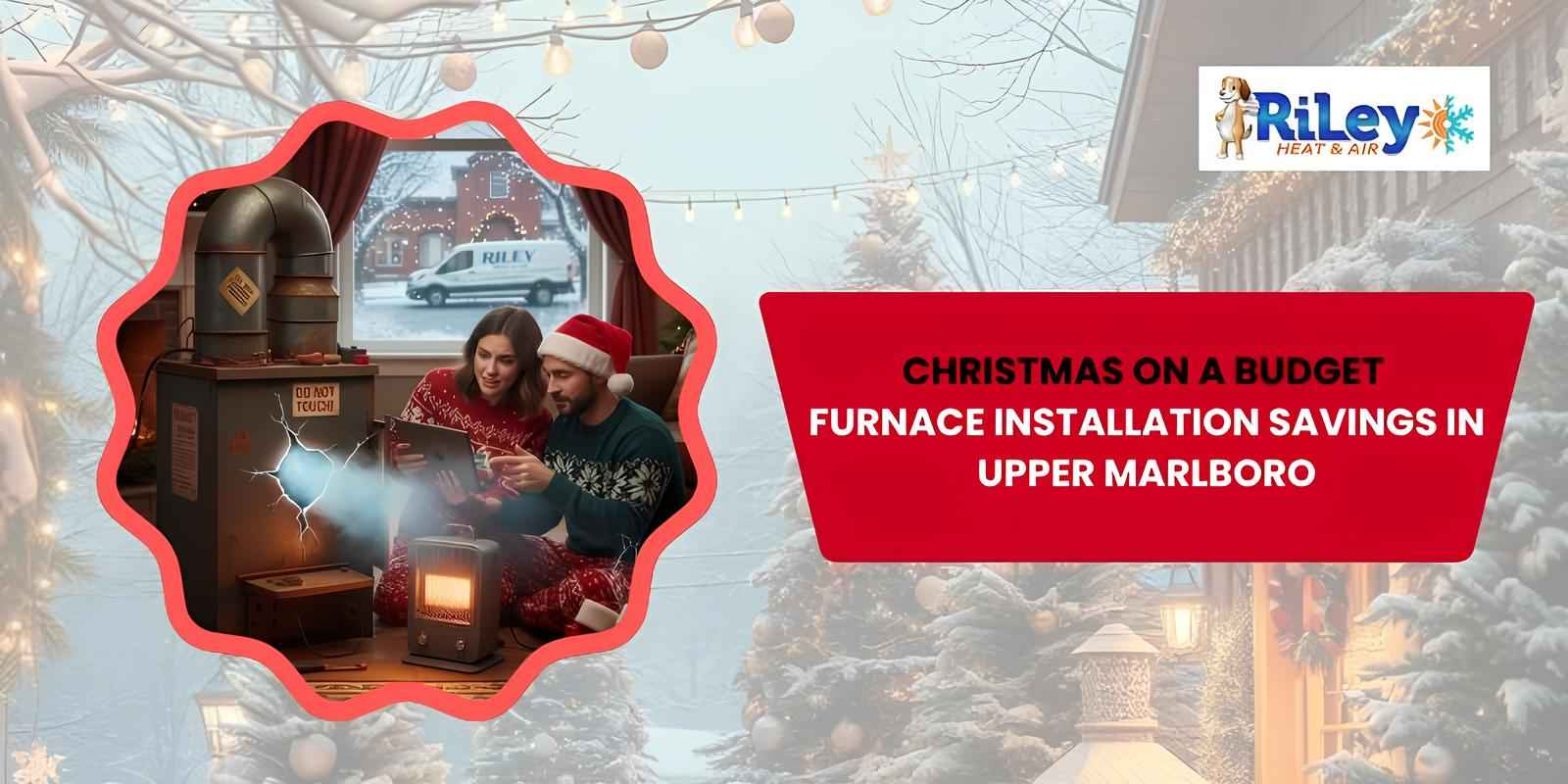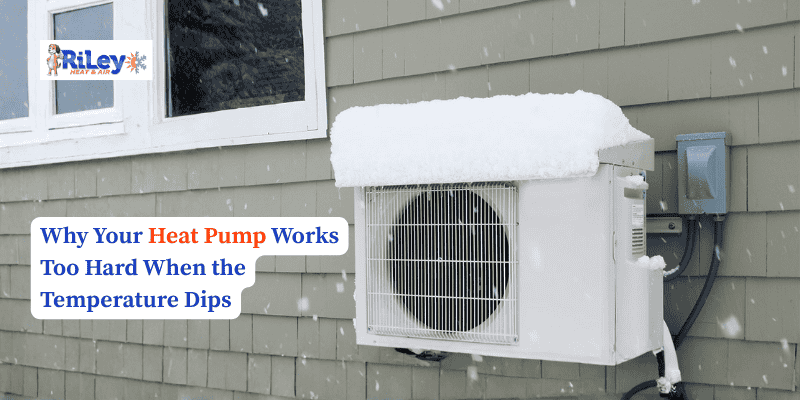
The Top 5 Factors You Need to Think About Before Installing Your HVAC System
Regarding comfort and climate control in your home, a few things are as crucial as a well-designed and properly installed HVAC (Heating, Ventilation, and Air Conditioning) system. Whether you're building a new home or considering an upgrade, several key factors should be considered before investing in an HVAC system. Making the right decisions at this stage can save money, improve energy efficiency, and ensure your home is comfortable year-round.
The Top 5 Factors to Consider Before HVAC Installation

1. Size Matters: Calculating the Right Capacity
Choosing the right size is one of the most critical factors to consider when installing an HVAC system. The size of your HVAC system is not determined by the physical dimensions of the equipment but rather by its capacity to heat and cool your space effectively.
Installing an HVAC system that is too small will cause you to struggle to maintain your desired temperature, resulting in constant strain on the system, increased energy consumption, and a decreased lifespan. Conversely, installing an HVAC system that is too large will cycle on and off frequently, saving energy and leading to uneven temperature distribution.
To determine the correct size for your HVAC system, it's essential to perform a load calculation. This calculation considers factors like the size and layout of your home, insulation, windows, climate, and occupancy.
Consulting with an HVAC professional who can adequately calculate loads is crucial to ensuring you select the right-sized system for your needs. This investment in upfront planning will lead to long-term energy savings, optimal comfort, and a more durable HVAC system.
2. Energy Efficiency: Reducing Operating Costs and Environmental Impact

In today's environmentally conscious world, energy efficiency is a key consideration when installing an HVAC system. Energy-efficient systems reduce your carbon footprint and save you money on utility bills.
Look for systems with a high SEER (Seasonal Energy Efficiency Ratio) rating for cooling and an AFUE (Annual Fuel Utilization Efficiency) rating for heating. These ratings indicate how efficiently the system uses energy, with higher numbers denoting better efficiency.
Consider investing in a system with smart thermostat compatibility, which allows you to program and remotely control your HVAC system for optimized energy use.
Additionally, explore options like heat pumps and geothermal systems, which utilize renewable energy sources for heating and cooling. While these systems may have a higher upfront cost, they often pay for themselves over time through reduced energy bills.
Before making your final HVAC system selection, research available rebates and tax incentives for energy-efficient systems in your area. These incentives can significantly offset the initial cost and make choosing an energy-efficient HVAC system more attractive.
3. Maintenance and Longevity: Protecting Your Investment
Installing an HVAC system is a substantial investment in your home, so it's essential to consider its long-term maintenance and durability. Regular maintenance, such as changing filters and scheduling annual inspections, ensures your HVAC system operates efficiently and lasts for years.
Additionally, choosing a reputable HVAC contractor with a strong track record for installation and service can make a significant difference in the longevity of your system.
Consider the availability of replacement parts and local service technicians when selecting a brand or model. This can be especially important if you live in a remote area, as having access to qualified technicians and parts can save you time and money in the event of a breakdown.
4. Ductwork and Ventilation: Ensuring Proper Airflow
An often overlooked but crucial factor in HVAC installation is the state of your home's ductwork and ventilation system. Your HVAC system relies on a network of ducts to distribute heated or cooled air throughout your home. If your ducts are leaky, poorly insulated, or improperly designed, it can lead to significant energy loss, reduced comfort, and even health issues due to poor air quality.
Before installing a new HVAC system, have a professional inspect and evaluate your existing ductwork. They can identify leaks, blockages, or inefficiencies and recommend repairs or upgrades.
Properly sealed and insulated ducts improve energy efficiency and ensure that the conditioned air reaches all parts of your home, maintaining consistent comfort.
Consider incorporating ventilation solutions such as air purifiers, whole-house humidifiers, or dehumidifiers into your HVAC system. These additions can enhance indoor air quality and create a healthier living environment. Discuss these options with your HVAC contractor to determine which suits your needs and budget.
5. Zoning and Control: Personalizing Comfort and Savings
Modern HVAC systems offer advanced features like zoning and smart control systems that allow you to customize your home's comfort and maximize energy efficiency.
Zoning divides your home into different areas or zones, each with a thermostat and individual temperature control. This feature is handy for larger homes or those with varying occupancy levels, as it ensures that you only heat or cool the spaces you're actively using.
Smart thermostats, on the other hand, provide convenient control through your smartphone or voice commands and can learn your preferences over time to optimize energy usage. They also allow you to create schedules and adjust settings remotely, leading to significant energy savings when you're away from home.
Before installation, discuss these options with your HVAC contractor and explore whether they suit your lifestyle and budget. While these features may come with an upfront cost, they can provide long-term savings and improved comfort, making them a worthwhile investment.
Conclusion
In conclusion, installing an HVAC system involves critical factors that can significantly impact your comfort, energy efficiency, and long-term satisfaction. Take the time to assess your specific needs, work with qualified HVAC experts, and make informed decisions to ensure that your HVAC system meets your expectations and enhances your home's overall living experience. Considering these factors, you'll be well on your way to enjoying a comfortable, efficient, and reliable HVAC system for years






